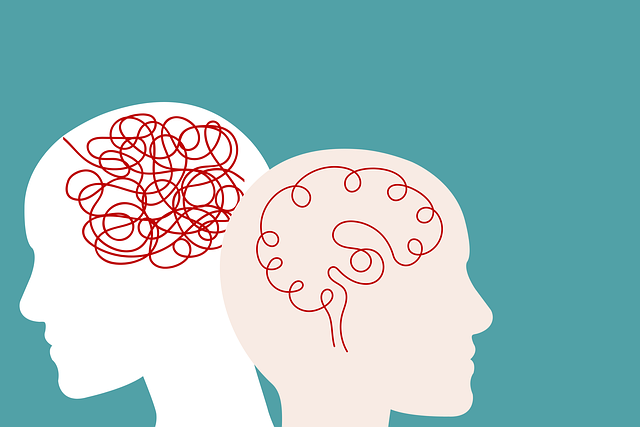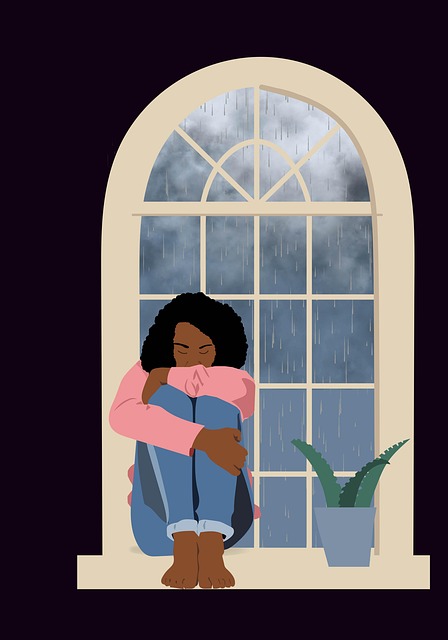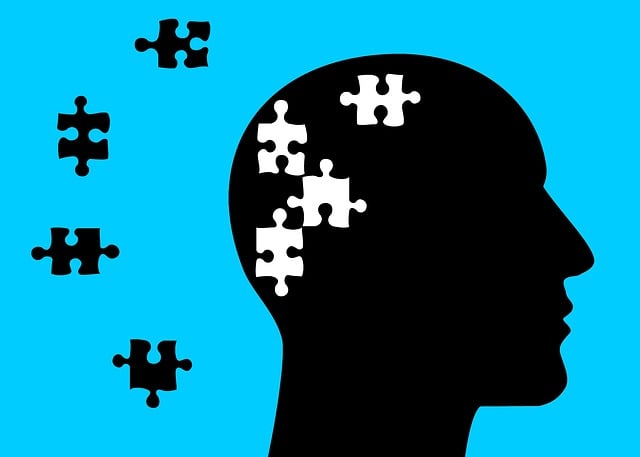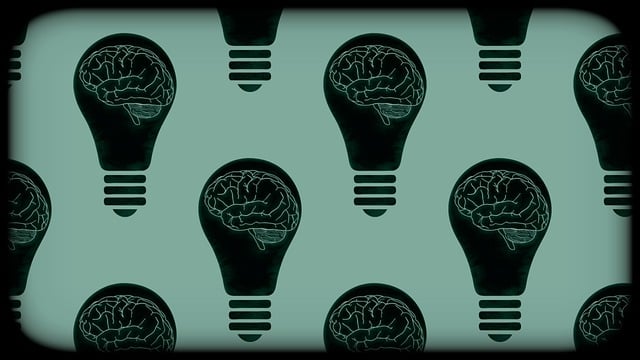Mental illness in media is often inaccurately simplified, impacting public understanding and destigmatization. Englewood communities struggle with mental health stigma, affecting couple communication. Therapy, self-care, and media representation are key to challenging this. Encouraging therapy for couples facing mental health issues normalizes help-seeking. Media should portray authentic narratives, breaking stigmas through positive stories of therapy and recovery. Public awareness campaigns and podcasts in Englewood empower residents to support each other's mental wellness, strengthening community bonds.
Mental illness representation in media has long been a topic of debate, with stereotypes and inaccuracies perpetuating stigma. This article delves into the current state of mental health portrayal, exploring its impact on society, especially within Englewood communities. We present unique perspectives, such as the role of communication between couples, and propose therapy as a powerful tool for positive change. Through strategic approaches, we discuss how to overcome challenges in accurate representation. Finally, we emphasize the importance of awareness and engagement with local communities like Englewood to foster inclusive media narratives.
- Understanding Mental Illness Representation in Media: The Current State
- Englewood Couples and Communication: A Unique Perspective on Stigma
- Therapy as a Catalyst for Positive Change in Media Portrayal
- Overcoming Challenges: Strategies for Accurate Representation
- Empowering Through Awareness: Engaging Englewood Communities
Understanding Mental Illness Representation in Media: The Current State

In today’s media landscape, the representation of mental illness often falls short of accurate and nuanced portrayals. This has significant implications for public understanding and the destigmatization process. The current state of mental health depiction in films, television shows, and other forms of media is largely problematic. Often, mental illnesses are either exaggerated for dramatic effect or reduced to simplistic stereotypes, failing to capture the complexity and diversity of real-life experiences. For instance, the portrayal of depression frequently resorts to cliche visuals like dark rooms and constant crying, missing the chance to educate audiences about the multifaceted nature of this condition. Similarly, anxiety disorders are sometimes depicted as mere nervousness, overlooking severe symptoms that can greatly impact daily life.
Englewood, a diverse community, reflects broader societal challenges in media representation. The lack of authentic stories about mental health can lead to misunderstandings and fear among residents, hindering open conversations and support-seeking behaviors. This is especially pertinent for couples facing communication issues rooted in mental illness, where therapy becomes a crucial tool for healing. Burnout prevention and self-care practices are essential components of managing mental health, yet these concepts often go underrepresented, leaving individuals without the necessary resources to navigate their struggles effectively. Self-awareness exercises could be powerful tools if media offered more relatable content, encouraging viewers to seek help or understand loved ones’ experiences.
Englewood Couples and Communication: A Unique Perspective on Stigma

In many communities, mental illness still carries a heavy stigma, often leading to Englewood couples facing communication issues when it comes to discussing their mental health struggles. This can create barriers in relationships, making it challenging for partners to understand and support each other. However, by embracing open dialogue and seeking therapy together, these couples can navigate through the complexities of mental health with a unique perspective on stigma.
Englewood couples’ communication about mental illness can be revolutionized through collaborative efforts. Encouraging self-care routine development for better mental health becomes more accessible when partners learn to recognize each other’s needs and communicate them effectively. Moreover, healthcare provider cultural competency training plays a significant role in breaking down barriers by promoting understanding and empathy. This, coupled with depression prevention strategies, can foster an environment where seeking help is normalized, leading to improved relationships and overall well-being.
Therapy as a Catalyst for Positive Change in Media Portrayal

In recent years, there’s been a growing recognition that media portrayal of mental illness can significantly influence public perception. Therapy emerges as a powerful catalyst for positive change in this landscape. By showcasing individuals successfully navigating their mental health journeys—whether through talk therapy, cognitive behavioral therapy (CBT), or practices like mindfulness meditation and emotional regulation techniques—media can foster increased empathy and understanding. This shift challenges stigmatizing narratives and promotes the idea that seeking help is not just tolerable but a powerful tool for personal growth.
Englewood Couples Communication Issues Therapy, for instance, has been featured in several media outlets, highlighting its effectiveness in addressing relationship dynamics and mental health challenges. Such representations not only normalize therapy as a valid solution but also offer practical insights into how individuals can access resources and experience anxiety relief. By integrating these stories into mainstream discourse, media plays a crucial role in reshaping societal attitudes towards mental illness, encouraging open conversations, and ultimately promoting better emotional well-being for all.
Overcoming Challenges: Strategies for Accurate Representation

In representing mental illness in media, overcoming challenges requires a strategic approach that emphasizes accuracy and sensitivity. One key strategy is to involve individuals with lived experiences as consultants or contributors. This ensures that narratives are authentic and avoid perpetuating stereotypes. Collaborating with mental health professionals, such as therapists from organizations like Englewood, can provide valuable insights into the nuances of different conditions. By integrating these perspectives, media platforms can offer more nuanced and empathetic portrayals.
Additionally, promoting open conversations about mental health through initiatives like stress management workshops or self-esteem improvement programs within communities can foster better understanding. Mental health awareness campaigns that challenge stigma and encourage support for those facing issues are essential components of accurate representation. These strategies collectively contribute to a more holistic and responsible depiction of mental illness in media, reflecting the realities of those seeking therapy and recovery.
Empowering Through Awareness: Engaging Englewood Communities

In Englewood communities, where couples often grapple with communication issues rooted in unaddressed mental health concerns, empowering residents through awareness is a key challenge. Mental Health Awareness initiatives play a pivotal role in breaking down stigma and promoting understanding. Public Awareness Campaigns Development can effectively reach out to local populations, offering educational resources and support systems tailored to their unique struggles. By fostering open dialogue about mental wellness, these campaigns encourage individuals to seek therapy and develop healthier relationships.
Englewood’s diverse communities can benefit from Mental Wellness Podcast Series Production, which provides accessible, engaging content on managing communication issues and mental health. Such podcasts offer a safe space for sharing experiences, offering practical advice, and highlighting the importance of seeking professional help when needed. Through these collaborative efforts, Englewood residents are equipped with the knowledge and resources to navigate their mental health journeys together, strengthening their bonds and overall community resilience.
Mental illness representation in media has come a long way, but challenges remain. By incorporating diverse perspectives, such as those from Englewood communities, and empowering through awareness, we can foster more accurate and empathetic portrayals. Therapy plays a pivotal role in catalyzing positive change, while strategies for overcoming challenges ensure representation that is not only authentic but also beneficial. Engaging these communities is crucial to navigating stigma and promoting understanding, ultimately revolutionizing how mental illness is depicted in media.














